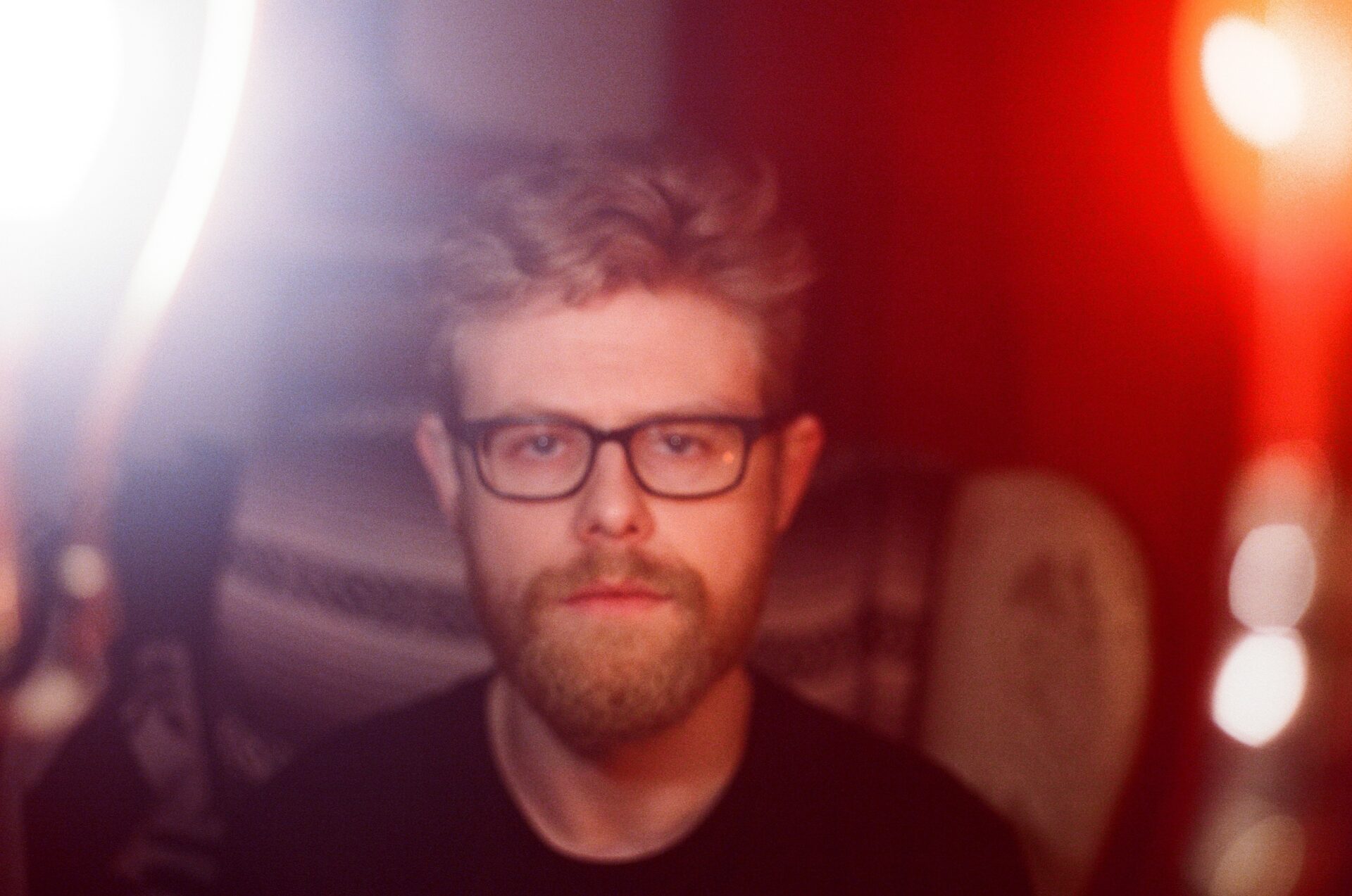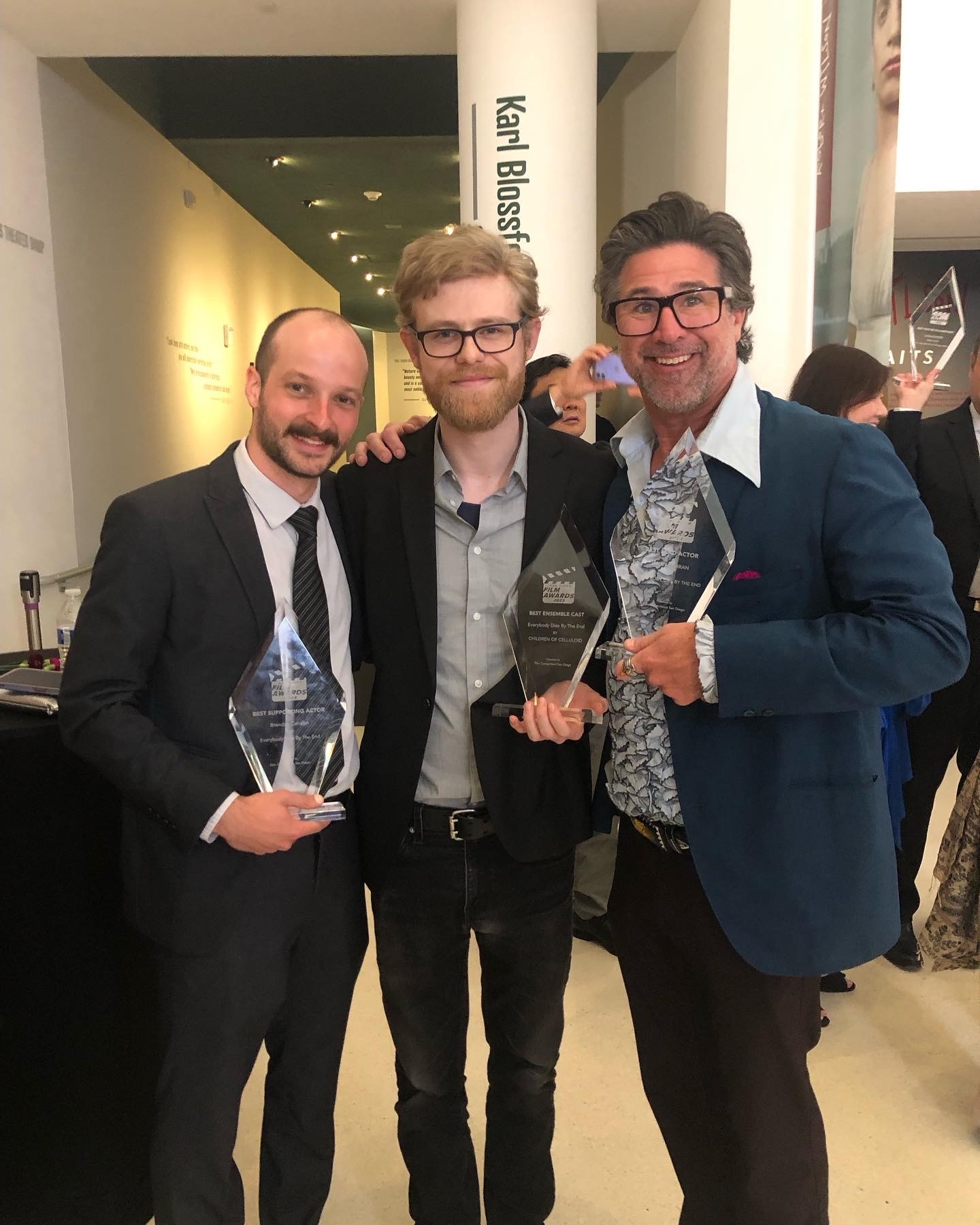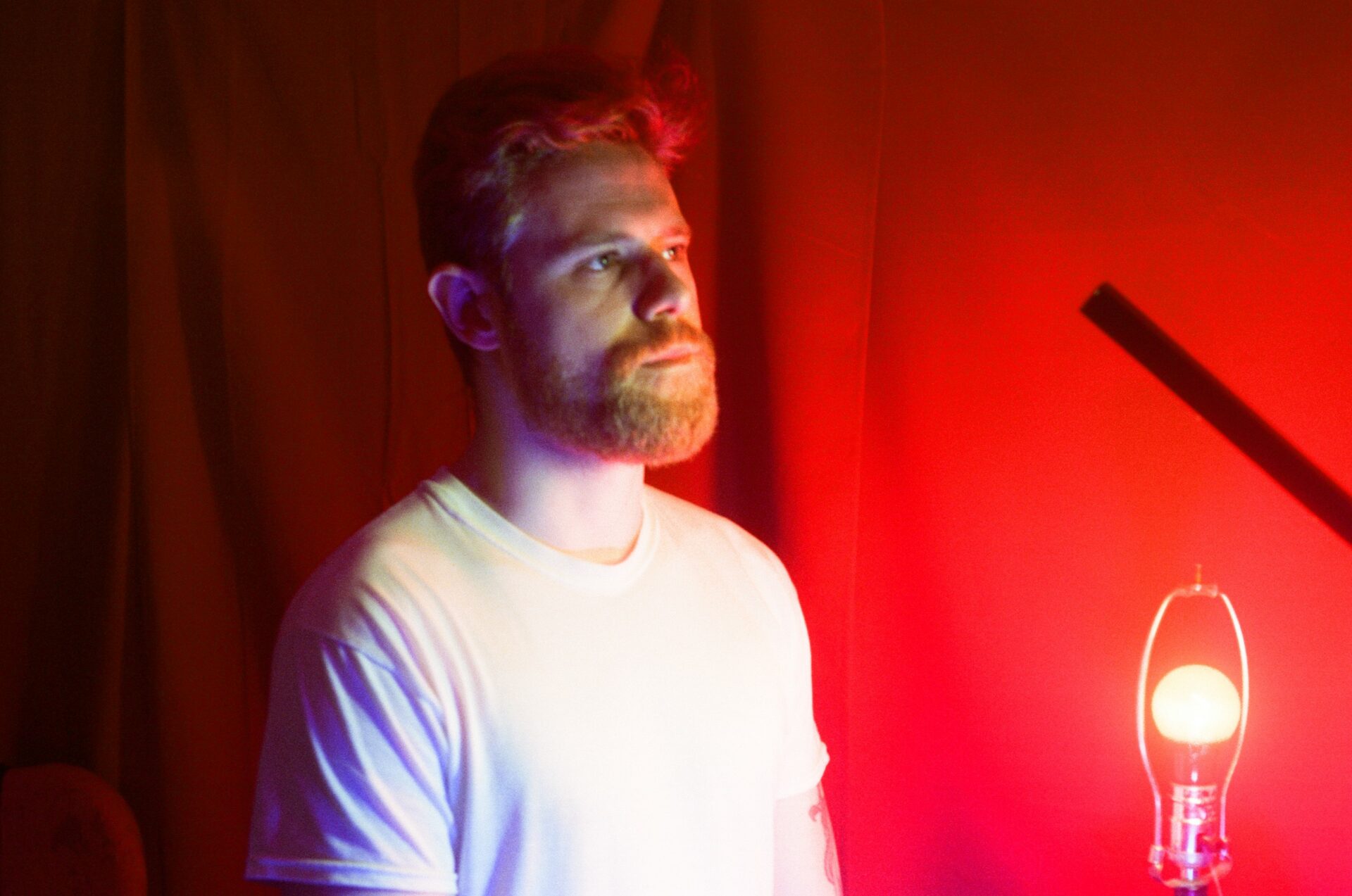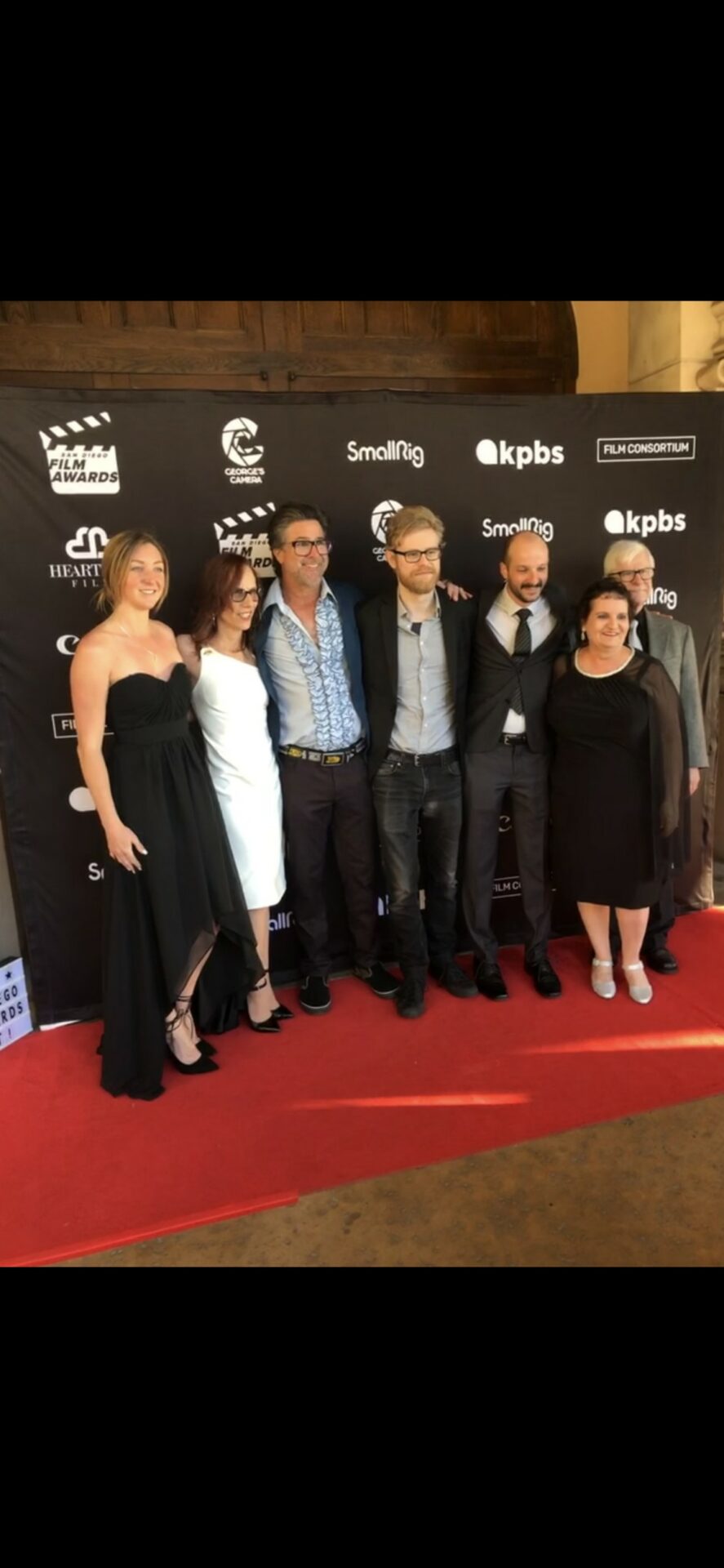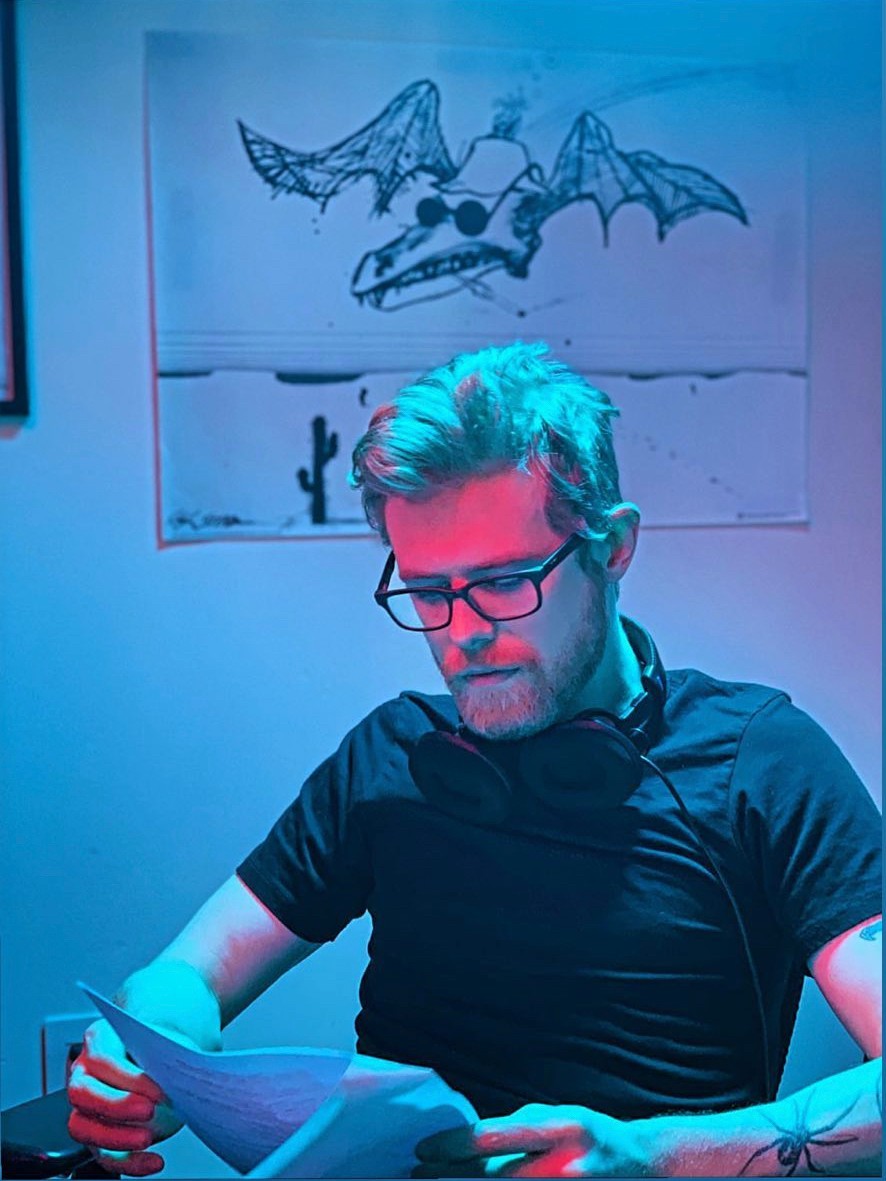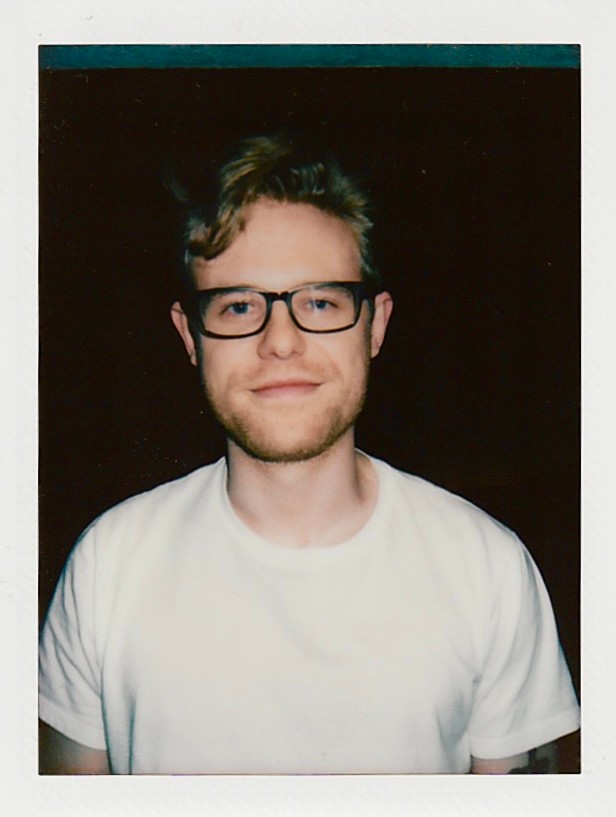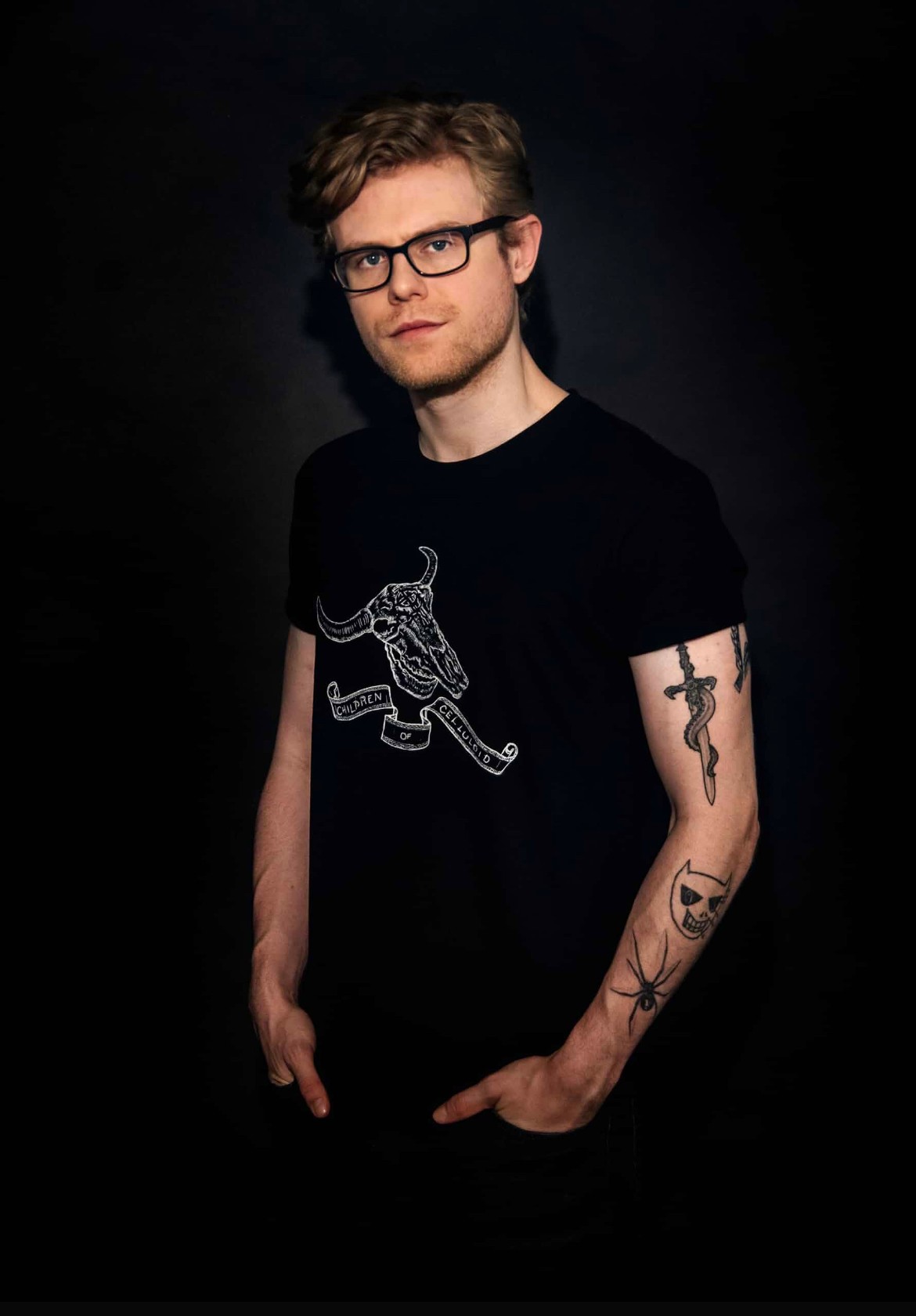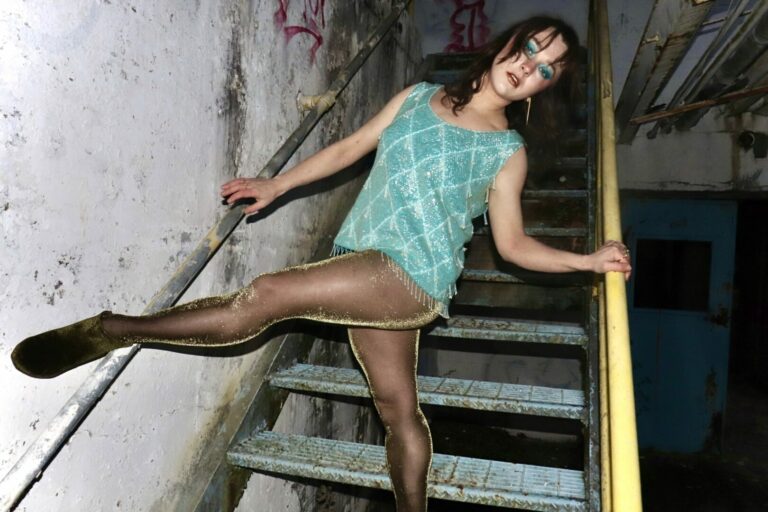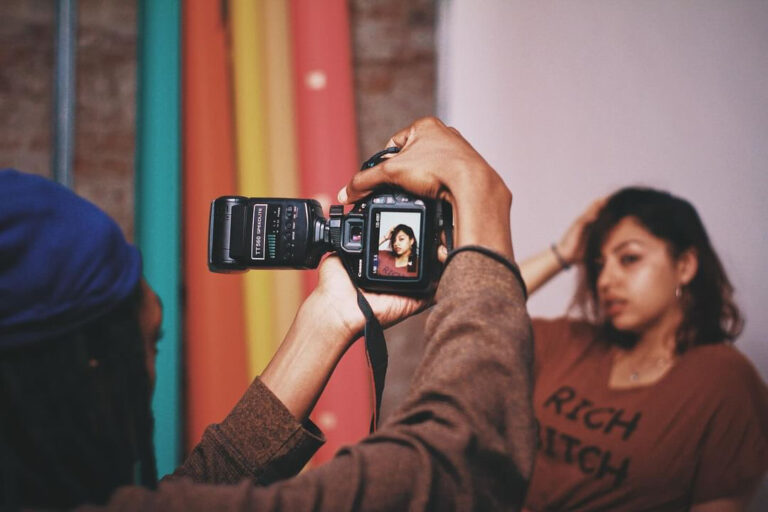We were lucky to catch up with Ian Tripp recently and have shared our conversation below.
Ian, thank you so much for taking the time to share your lessons learned with us and we’re sure your wisdom will help many. So, one question that comes up often and that we’re hoping you can shed some light on is keeping creativity alive over long stretches – how do you keep your creativity alive?
Firstly I just have to say that if you ask any author, writer or creative where they get their ideas from, you will find a resounding answer from the whole crowd which is we don’t know. Looking back, I’ve been a writer and a creative longer than I realized. Writing stories, playing pretend and going on imaginary adventures with friends as children is where it began. So to ask, how do I keep the creativity alive is akin to asking how I stay fed, why I continue to drink water or sleep. I can’t help but be doing it. If I can write and create then I will. It’s just something innately apart of my hardwiring and something I’ve always done and will continue to do. That said, every time I finish a project and look to making the next one, I look back on the last works and wonder how I did that and if I’ll be able to do it again. So we just do it. And we find out all over again. And really that’s the excitement of it. It’s a job and a career where every next project must be entered with a newfound perspective of being a beginner once again, because you’ve yet to make this next one, so it starts all over again.
Appreciate the insights and wisdom. Before we dig deeper and ask you about the skills that matter and more, maybe you can tell our readers about yourself?
Since I was eight years old, I’ve wanted to be a film director. There was a neighborhood kid named Adrian, he was a year or two older than me and when you’re a kid, it’s a lot easier to see a large gap in maturity. One day, Adrian said that he’s going to direct a movie and was casting all the neighborhood kids to be in the film. I remember, it was a gritty pirate movie where the leading lady character would get her throat slit at the end. We were in elementary school. How he thought he’d capture footage for a big pirate ship movie at ten years old, I don’t know, but I auditioned and felt close to something. My dad then explained that it takes more than two hours to make a two hour movie. When I heard that it takes months to film a movie, I was so disheartened at first, discovering how hard it would be and how much work was ahead, but then that feeling was quickly replaced with wonder. I had so many new questions now. There was a thing to it and movies are made by people. They aren’t portals to magical realms like I once thought as a young child, contemplating cutting the tv screen open so I could join the characters in the movies and tv shows. I knew, to be close to movies I need to make them and I can be inside of the story and see my films imagined in ways that I watched the films I love. After years of experimenting with home video cameras, making oddball sketch comedy videos on high school to making more serious attempts at filmmaking with short films that were leading us to practice for building up our tool box of skills cultivated for the end goal which has always been to make feature films. We launched our production company Children of Celluloid in 2020 alongside filming our flagship film and my directorial debut with the horror/comedy film ‘Everybody Dies by the End’ which had its world premiere in 2022 at FrightFest in London and since then, the film has been digitally distributed by Terror Films. We have since produced three more feature films that are all in different stages of post production, two of which I have directed and written. Now it’s about continuing to raise funds to get our films made along with finding new likeminded artists for us to produce their ideas under our production banner.
There is so much advice out there about all the different skills and qualities folks need to develop in order to succeed in today’s highly competitive environment and often it can feel overwhelming. So, if we had to break it down to just the three that matter most, which three skills or qualities would you focus on?
Genuinely, as a director, what has helped me the most with being so agile in a field of constantly needing to approve details from different departments at all times, to conversing with actors and breakdown the days work to see what you can get done and how it all fits in this big chess match. I think the greatest gift that has allowed me the most agility in my field of work is that I just have so many different ideas at all times and I’m continually getting new ideas on the job on the day of which has allowed me to be more flexible to pick and choose what is worthy of making the final cut in the film. I’ve encountered plenty of artists who don’t have very many ideas and so they are stuck with those ideas being precious to them even if they’re not working and when they receive notes they can’t do anything but make the movie as it is and then make the piece as flat as it already is but with us there are so many ideas and so many creative‘s on set that we can always be work shopping what the next best idea is and what on paper doesn’t work anymore and so we can throw things out and put new things in at every turn and that really allows us much more creative agility in ensuring that the final piece is going to be much more dynamic than it would’ve been on paper. And with that, don’t write your plans in pen, write them in pencil. Things are always changing.
Do you think it’s better to go all in on our strengths or to try to be more well-rounded by investing effort on improving areas you aren’t as strong in?
I’ve actually thought about this question a lot in the past and I’ve come to the conclusion that I’d rather be really good at a few things than being generally base level experienced at a lot of things. And as a director, in film, you already have to understand so many different artistic skills and understanding of all the different departments. Then, it comes down to the core role of being a director is to be a taste tester and constantly quality controlling the project. It starts with who you hire to be your collaborators and then every step of the creation of the movie is to essentially be a curator and piece the project together each creative choice at a time.
Contact Info:
- Website: childrenofcelluloid.com
- Instagram: trippyblondeguy
- Youtube: iantripp
